This Is What Being Healthy Will Look and Feel Like in 2020
Feb 15, 2022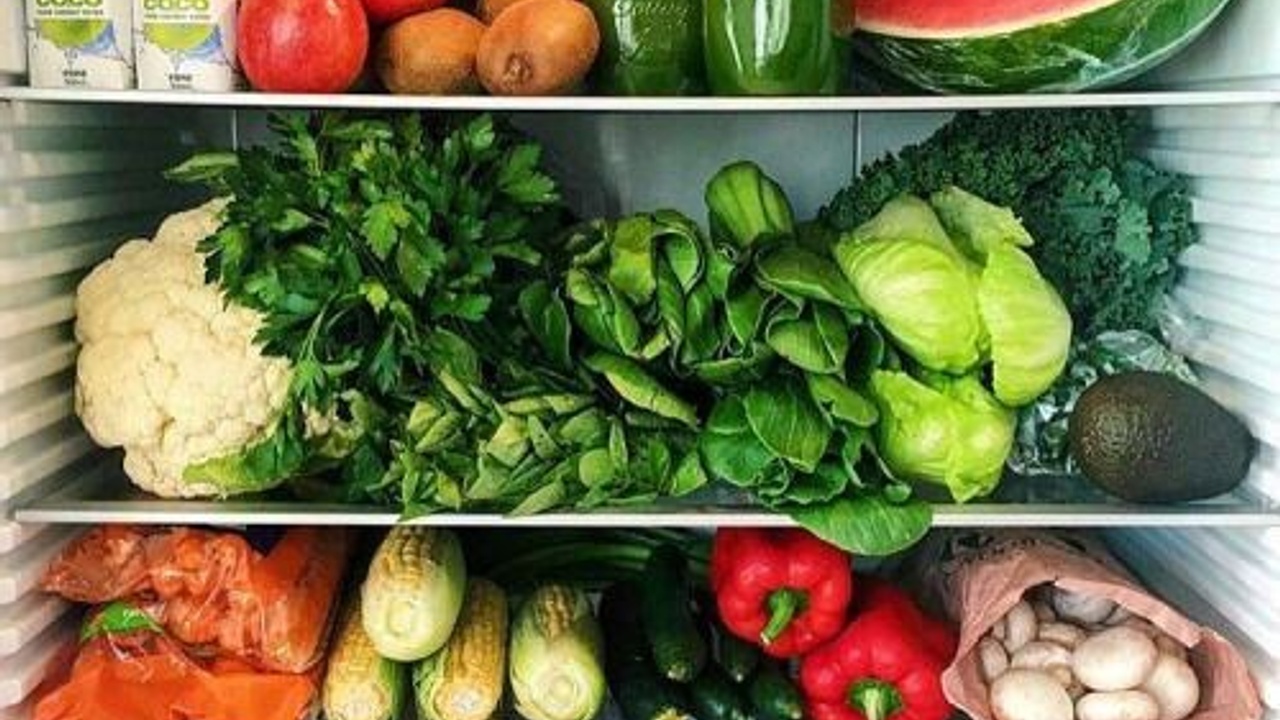
BY DENISE MANN, MS
With self-driving cars and sneakers that tie themselves becoming a reality, Back to the Future doesn't seem all that far-fetched anymore—and the health and wellness industry is not just sitting on the sidelines of this technology zeitgeist. Trend forecasters at the Global Wellness Institute recently spun out a vision of what the future of wellness will look like—and it's, like, totally awesome.
A healthier fridge.
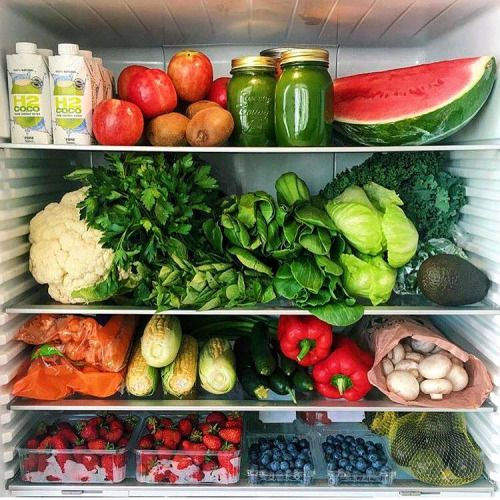
The majority of today's kitchens are odes to the 1940s and 50s with cavernous cabinets that are perfect for packaged and processed goods and refrigerators with only small dark drawers for fruits and vegetables—but kitchen design is (finally) about to catch up with wellness trends. Savvy designers are turning the table on old-school kitchen design with transparent refrigerators that display (and correctly store) fresh foods so they are more enticing, not to mention easier to grab than those less healthy default choices.
A greener kitchen.
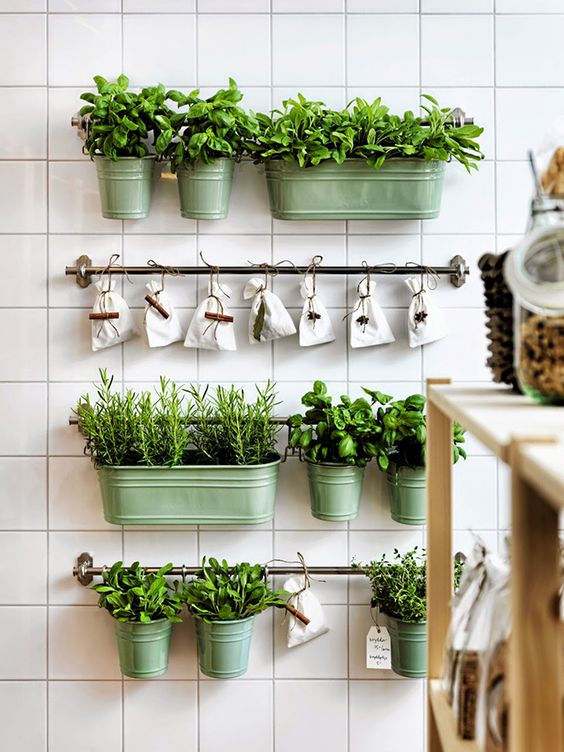
Kitchens of the future will have space for gardens, which will help keep the air clean—and give you instant access to fresh herbs, like basil and mint. Built-in composts will also be a featured so more of us can get rid of organic waste the right way with only the push of a button.
Smart toilets.
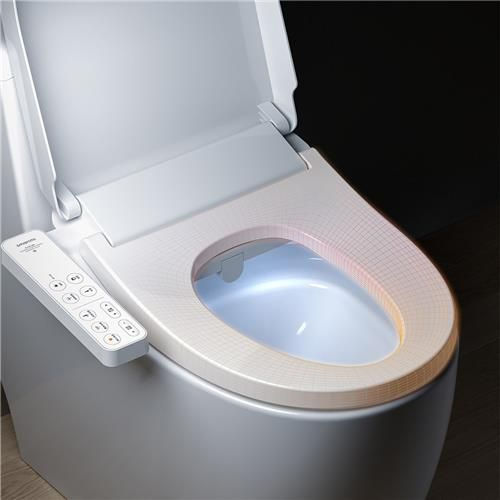
Futuristic bathrooms may well contain smart toilets that analyze waste. There is really no better way to tell how you do—or don't—digest and process certain nutrients or medications than by analyzing your stool and urine, says Beth McGroarty, director of research at the Global Wellness Institute. These laboratories in lavatories are likely not too far off as the latest smart toilets are powered by Alexa so germaphobes don't need to use their hand to flush.
Goodbye spas, hello transformative travel.

Basic massages and meditation classes are so yesterday. So-called transformational travel will deploy fantasy avatars, gaming, role-playing, and storytelling for fully immersive experiences. To that end, the soon-to-open Six Senses Bhutan comprises five totally differently themed and decorated lodges (think a forest-within a forest, old stone ruins), each immersed in one of the five key pillars of happiness; guests move between them to experience a journey through all their senses. Another example is the yet-to-be-built Red Mountain Resort in Iceland, where guests follow the intense, five-chapter emotional and sensory voyage of an ancient Icelandic hero. Big picture: We can expect more immersive experiences such as soaking in hot springs while listening to live music so that weary travelers can get out of their own heads and way, McGroarty says.
A healthy eating plan that's just for you.
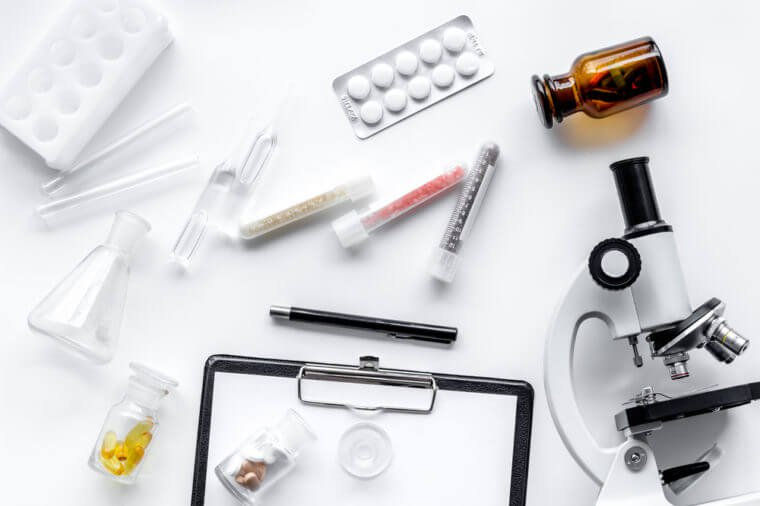
We are already seeing companies like 23andme.com bring personal genetic testing to the masses, but this is just the beginning, McGroarty says. One innovative company, Wellness FX, is combining a host of data sets (blood chemistry, hormone testing, genetics, and gut microbiome) for a better picture of our future health status and potential challenges. "This information will give way to a personalized diet and eliminate the trial and error involved with choosing therapies that prevent or treat diseases and conditions." Some tests may be cost prohibitive, but others will be more affordable.
"Real, personalized healthcare is based on combining data with sophisticated coaching to develop tailored recommendations," agrees Jennifer Lovejoy, PhD, chief translational science officer at Arivale, a Seattle-based scientific wellness company that offers genetic analysis with personal coaching. "By combining data from genetics and clinical labs with lifestyle questionnaires, coaches can create a personalized road map for individuals to optimize their health and avoid disease." Once enough information is amassed, the genetic data can be used for research that may one day result in cures for chronic illnesses.
"Elite" brains.
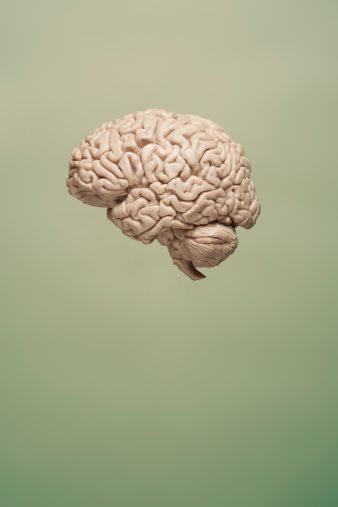
The term "brain hacking" sounds nefarious, but it's a thing, and brain optimization clubs, like the soon-to-launch Field in New York City, will offer up all sorts of services to create an "elite brain." "There are already a lot of supplements used for brain optimization, but we will be seeing more brain optimization clinics," McGrath says. Doctors in these clinics run high-tech brain scans for up-close-and-personal imaging of your brain, and then they can tap noninvasive technologies to tweak the circuits and improve mental prowess and boost "consciousness enhancement" without drugs.
A new "it" veggie.
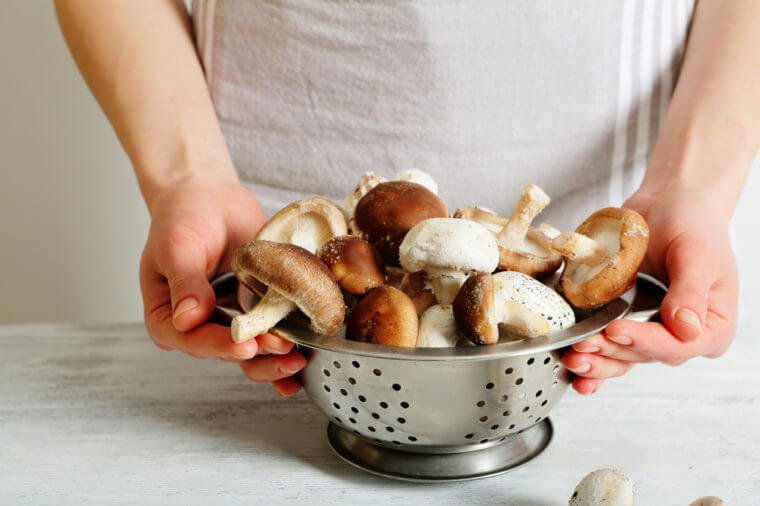
"Mushrooms may become the new kale, Brussels sprouts, or other formerly-eschewed-vegetable-turned-trendy," says Katie Kennedy Gilligan, chef and director of the culinary program for GroundSea Fitness, a wellness retreat in the Berkshire Mountains. "Mushrooms provide a wide variety of essential vitamins and nutrients—particularly vitamins B, D, and C," she says. "Shiitakes are particularly known for increasing immune and heart health, while assisting in ways the body fights off disease and inflammation. She's a big fan of Lion's Mane and Cordyceps, two varieties that are particularly effective for mind and body attentiveness.
Sources:
Stay connected with news and updates!
Join our mailing list to receive the latest news and updates from our team.
Don't worry, your information will not be shared.

